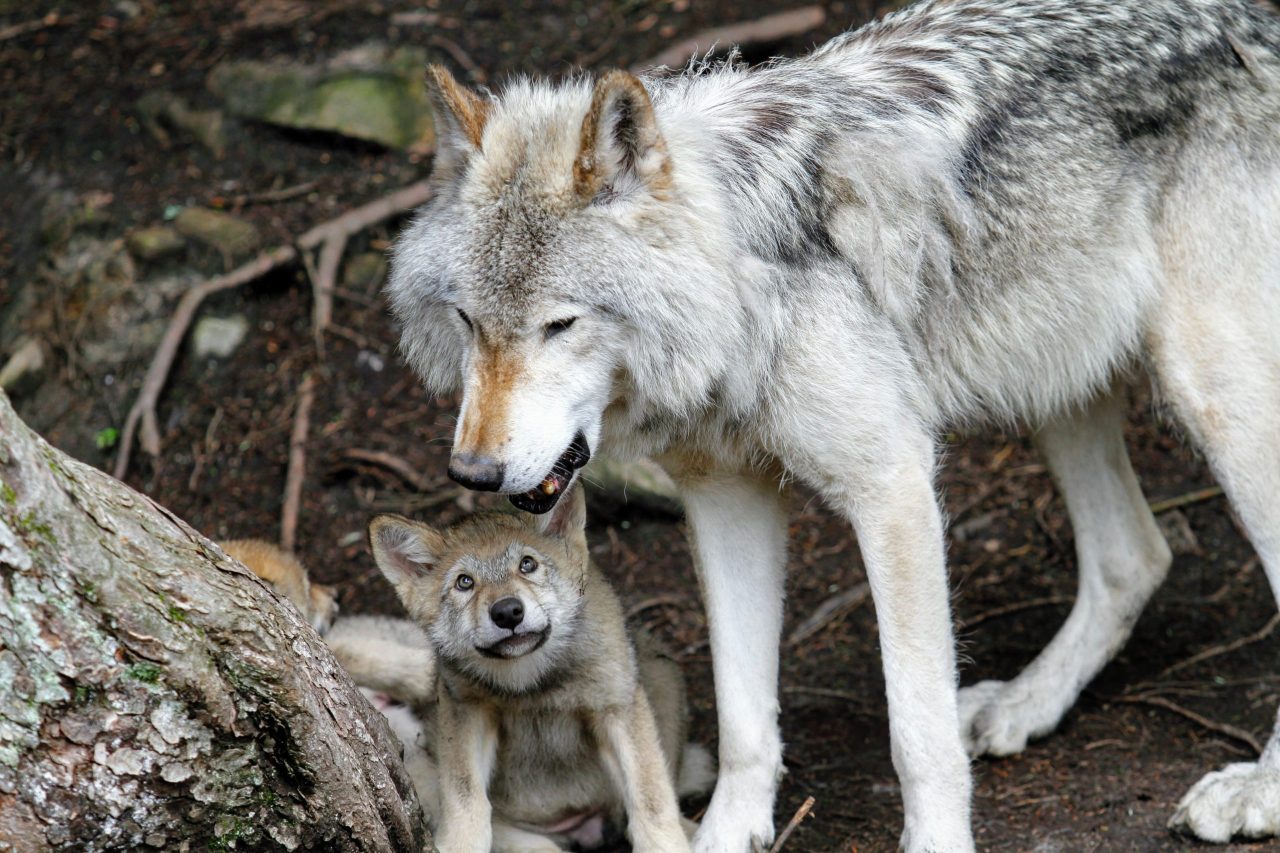For many years, the wolf was a feared and reviled creature in Europe, hunted to the brink of extinction in many regions. However, in recent decades, there has been a growing movement to reintroduce wolves to their former habitats, with the goal of restoring balance to ecosystems and promoting biodiversity. While some people may be hesitant about the return of this apex predator, there are actually many positive effects that wolves can have on nature.
One of the most important benefits of reintroducing wolves is that they can help control populations of other animals, particularly herbivores such as deer and elk. In areas where wolves have been reintroduced, there is often a decrease in the number of these animals, which can have a cascading effect on the ecosystem. For example, fewer herbivores can lead to less browsing on plants, which can allow vegetation to recover and provide habitat for a wider range of species. In addition, a reduced population of herbivores can also reduce the damage they cause to crops and other human-made structures.
Another positive effect of wolves on nature is that they can help promote biodiversity by creating a more diverse landscape. This is because wolves tend to prey on weak or sick animals, which can improve the overall health of the prey population. In addition, wolves can help to maintain a more natural balance between different species, preventing any one species from becoming too dominant and reducing competition for resources.
Wolves can also have indirect positive effects on other species, such as birds and small mammals, by creating habitat through their predatory activities. For example, when wolves kill and eat prey, they often leave behind carrion that can provide food for scavengers such as ravens and eagles. In addition, the presence of wolves can create habitats that are more suitable for other species, such as providing cover for small mammals to hide from predators.
Furthermore, the return of wolves can also have positive cultural and social effects. In many parts of Europe, wolves are seen as a symbol of wilderness and natural beauty, and their return can be a source of pride and identity for local communities. Additionally, the presence of wolves can promote eco-tourism, which can bring economic benefits to rural areas.
It is important to note that there may also be some challenges associated with the reintroduction of wolves. For example, there may be conflicts with livestock owners who fear for the safety of their animals, and there may be concerns about the potential spread of diseases. However, these challenges can be managed through careful planning and cooperation between stakeholders, and there are many successful examples of wolf reintroduction in Europe and around the world.
The return of the wolf to Europe should not be feared, but rather celebrated as an important step in restoring balance to ecosystems and promoting biodiversity. By controlling populations of herbivores, creating habitats for other species, and providing cultural and social benefits, wolves can play a valuable role in creating a more sustainable and healthy environment.
